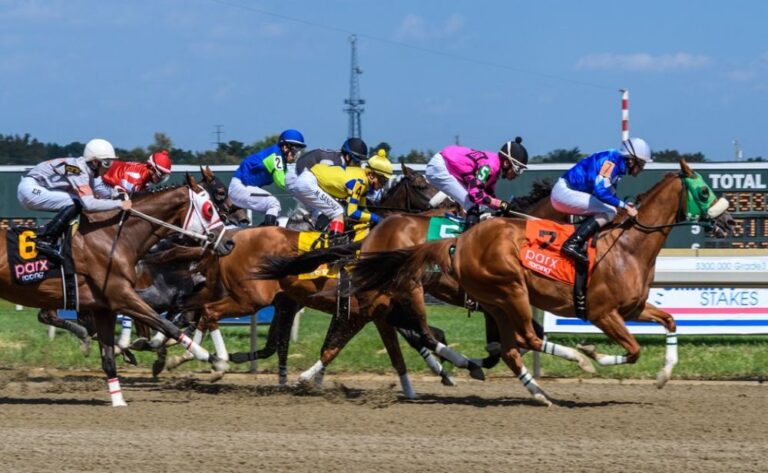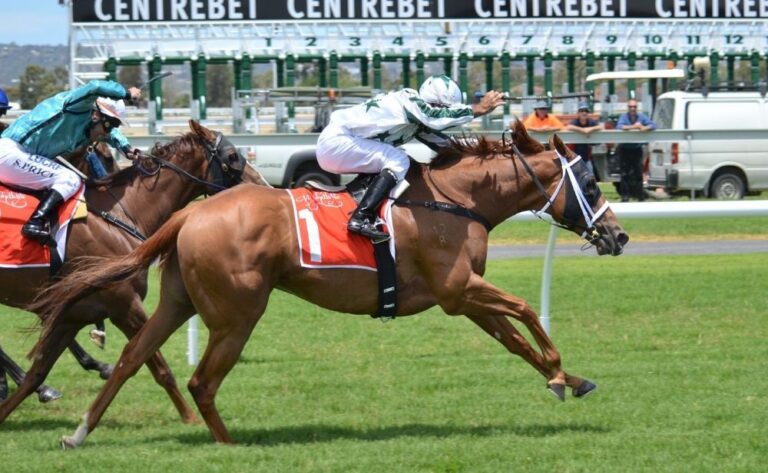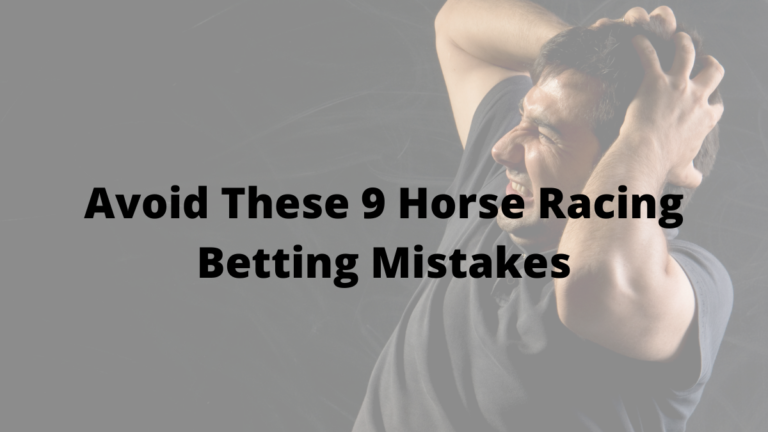The Top 10 Upsets in Preakness History
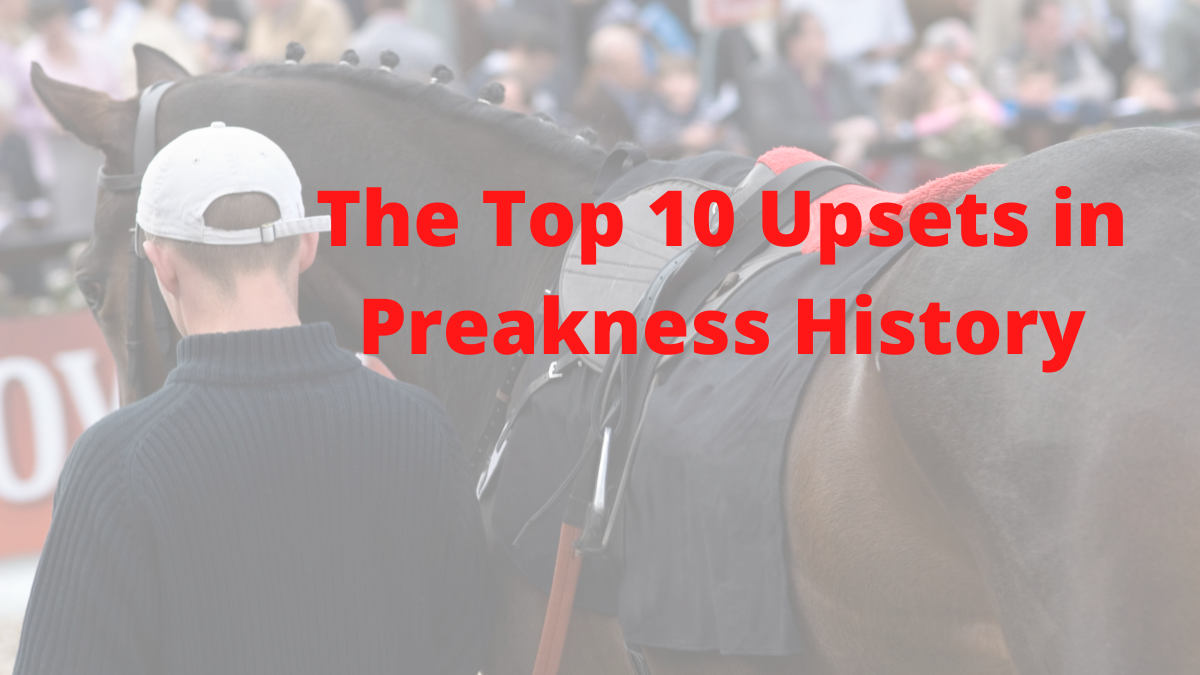
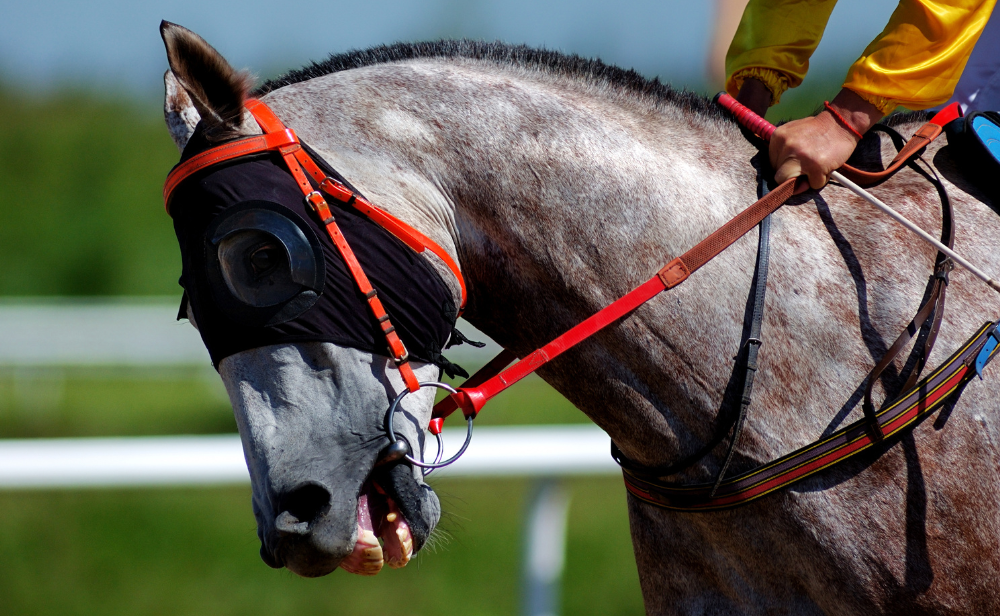
The Preakness Stakes, albeit occasionally the middle child of the Triple Crown, has seen some of the biggest upsets and most shocking failures in the annals of horse racing. Favourites generally prevail, but they fall severely when they do falter.
There have been favourites entering the Preakness who appeared to be unbeatable after winning the Kentucky Derby. Some of them did experience defeat, underscoring the fact that there are no guarantees in horse racing. While some unexpected victors sprang out of nowhere, others had been vying for a big victory all year but were ignored.
Here is a list of some of the biggest surprises in Preakness Stakes history, rated according to the surprise factor, the long odds, and how sure the favourite was to win.
1999’s Charismatic
The Prediction: Menifee, the 1999 Kentucky Derby runner-up, appeared prepared to get revenge on Charismatic.
The Spoiler: Charismatic, who defeated all odds to win the Kentucky Derby, was determined to show that his Derby victory was no accident.
How It Happened: Charismatic went off at odds of 8-1 after being treated disrespectfully at the windows. It was unexpected for the Kentucky Derby winner to be the fourth choice on the betting odds, even though it wasn’t an outrageous price. For the second match in a row, charismatic soundly defeated Menifee, demonstrating that he was the real deal.
2000’s Red Bullet
The Favorite: Fusaichi Pegasus, who won the Kentucky Derby and was heralded as the next superhorse, was heavily backed in the second leg of the Triple Crown and started as the clear favourite.
The Spoiler: Red Bullet, a relatively unknown horse that finished second in the Wood Memorial, skipped the Kentucky Derby (G1).
How It Happened: Until he did, Fusaichi Pegasus was unable to lose. He failed to match the success he had in Kentucky and put in a lacklustre effort to place second, 3 34 lengths behind Red Bullet, who comfortably pulled away in the stretch.
1990’s Hansel
The Favorite: In the Kentucky Derby just a few weeks prior, Strike the Gold had defeated the favourite Hansel.
The Spoiler: Despite being the favourite in the Kentucky Derby, Hansel went out at odds of 9-1 in an attempt to exact retribution for his loss.
How It Happened: Hansel was able to get a perfect trip and rate of the leading Corporate Report when he faced a field of only seven competitors. Strike the Gold was denied the opportunity to win the Triple Crown, and some are now wondering what may have happened if the horse had a better Derby day. He pulled away to win by seven lengths.
1996; Louis Quatorze
The favourite was Cavonnier, who had just suffered a heartbreaking loss by a nose in the Run for the Roses. Cavalier finished second in the 1996 Kentucky Derby.
The Spoiler: Louis Quatorze entered the Preakness Stakes without ever having won a stakes race, and it wasn’t for want of opportunities. With no obvious explanation, he also finished 16th in the Kentucky Derby.
How It Happened: Louis Quatorze took the lead with a quick break, which was all he needed to make every call a winner and score at 8.5-1 odds. Skip Away, the horse who came in second would become one of his generation’s finest athletes.
2011 Shackleford
The Favorite: Despite being a long shot when he won the Kentucky Derby two weeks prior, Animal Kingdom swiftly gained popularity and became the public’s choice for the second leg of the Triple Crown.
The Spoiler: Despite placing a respectable fourth in the Kentucky Derby, Shackleford had never won a stakes race and, at that time, appeared to be a cut below the elite horses. Given those odds, he was declared the winner at close to 13-1.
How It Occurred: Shackleford brought his running shoes and, despite a stutter at the beginning, went to the front end to apply pressure to the pace-setter. He took the lead at the top of the stretch and kept Animal Kingdom at bay, denying him the chance to win the Triple Crown.
2006 Bernardini
Barbaro, the winner of the Kentucky Derby, appeared almost invincible when he walked up to the starting gate at odds of 1-2.
The Spoiler: Bernardini was sent off at odds of almost 13-1 despite his royal ancestry and burgeoning star status.
How It Happened: After the start of the race, Barbaro suffered a fatal injury, and Bernardini cruised to a straightforward but heartbreaking five 14-length victory. No one will ever be able to determine if Barbaro’s injury affected the race’s outcome.
1975’s Master Derby
The Favorite: Foolish Pleasure, the Kentucky Derby victor and current champion juvenile, was the favourite.
The Teaser: In the Kentucky Derby, Master Derby came in fourth. His chances of defeating Foolish Pleasure at odds of 23-1 appeared slim.
How It Happened: Master Derby overcame Foolish Pleasure by a length to earn his Kentucky Derby redemption. He thereby became the most powerful long shot at winning the Preakness in the race’s history.
1983 Deputed Testimony
The Favorite: Sunny’s Halo, the 1983 Kentucky Derby champion, aimed to use his quick cruising speed to achieve another victory in the lead.
The Spoiler: The Maryland-bred horse Deputed Testamony, making his fifth start in less than eight weeks, was a huge long shot at roughly 15-1.
How It Happened: On an off-track manoeuvre, Deputed Testamony pulled out the surprise victory by two lengths. The last Maryland-bred horse to win the Preakness Stakes, he was also the oldest living Triple Crown winner when he passed away in 2012 at 32.
1972’s Bee Bee Bee
Riva Ridge, the favourite, appeared to be one of those horses that couldn’t lose. After winning the Kentucky Derby, the colt seemed to be the Triple Crown’s heir, and the Preakness appeared to be merely a formality.
The Spoiler: At odds of over 19-1, Bee Bee Bee, who had won a minor stakes race at Pimlico the month prior, appeared to be in over his head.
How It Happened: Riva Ridge immediately demonstrated a hatred for the off-track, struggled, and came in fourth. In contrast, Bee Bee Bee splashed home in the mud to win by 1 1/2 lengths. Riva Ridge would go on to win the Belmont Stakes, making Bee Bee Bee the one who deprived him of the Triple Crown rather than just being a Preakness spoiler.
Oxbow, 2013
The Favorite: Orb lived up to expectations as the favourite in the 2013 Kentucky Derby and appeared to be the most severe Triple Crown candidate in recent memory as soon as he crossed the finish line.
The Spoiler: After a brutal sophomore campaign, Oxbow was drafted at odds of 15-1 after placing sixth in the Kentucky Derby.
How It Happened: Gary Stevens and D. Wayne Lukas got back together for a surreal win. Stevens and Oxbow coasted over pedestrian fractions under the famous jockey’s brave, assured riding, and they still had more than enough left to take the lead at the finish and win by 1 34 lengths.
Sports should remember that less is more as Rich Strike foregoes the Preakness.
Rich Strike will take a break after his encore. Enjoy the Preakness Stakes on your own without him. He might spend Saturday in his stall playing replays of his improbable Kentucky Derby victory.
Horse racing, which is in severe need of a new strategy, won’t be forced to take change seriously in the absence of an 80-1 Derby miracle worker with questionable Triple Crown prospects. But it ought to. The problem goes beyond the argument about whether it’s prudent to fit the sport’s three most significant competitions into a five-week calendar when thoroughbreds don’t fare well with short turnarounds. When you step back, you can see examples of tradition impeding reason and the desire for money, particularly in the broadcast and streaming industries, which results in oversaturated markets and hasty decisions.
Rich Strike is a unique Derby victor whose trainer opted against entering him in the second leg of the Triple Crown because it would be too stressful. Amid their greatest joy, the owner Rick Dawson and trainer Eric Reed’s worry is almost as astonishing as the disappointment. They don’t use Grade 1 victories as a yardstick for success, significantly if they compromise the well-being of the horses. Rich Strike, a 3-year-old, may not be matched by Reed again, but the trainer won’t let that stop her from making the most of this opportunity.
According to Reed, “I can’t do anything other than what’s best for the horse.” “They’ll forget we were there if we fail, and he gets wounded. I must keep in mind that it’s all about him. There will be an issue if it becomes all about us.
Every tournament should start with a recitation of this lesson. The quality of a sport depends on its participation. It doesn’t matter if you’re referring to athletes or racehorses. It concerns them, their physical and spiritual well-being in the present and the future.
Triple Crown ambitions will be dashed when Rich Strike opts out of the Preakness Stakes.
There shouldn’t be a need for such a reminder. However, there is a significant need for watching choices. Money is often absurd. On the other hand, there is a lot of competition for relevance in specialized sports. The Triple Crown’s schedule—the Derby on the first Saturday in May, the Preakness two weeks later, and the Belmont Stakes three weeks after that—is presented as a magical institution. Still, in reality, change-averseness is what maintains it the same.
If the participants in a ritual are repeatedly shown to be unable to handle the physical demands, what use is the ritual?
The Triple Crown has had 14 horses competing in each of the three events since 2013. American Pharoah (2015), Justify (2018), and California Chrome, who won the first two legs in 2014 but placed fourth at the Belmont, are among the Triple Crown winners. As a result, during the past ten years, the sport has essentially had one horse per year whose team feels safe competing in the five-week gauntlet without putting their reputation on the line.
If your time travels to 2012, I’ll have it After winning the Preakness and Derby. Another horse had a chance to become the first Triple Crown champion in 34 years. A left front tendon problem, nevertheless, prompted the chestnut colt to retire the day before the Belmont Stakes.
And it’s not simply a problem with horse racing. We’re nearing the breaking point in all sports. The bodies of today’s athletes keep indicating that they cannot withstand the rigours of new stresses like lengthier regular seasons and postseasons and old stressors like old rituals. The NFL expanded the playoffs and added a 17th regular season game to boost revenue. Additionally, the MLB postseason has grown. The pandemic gave MLB, the NHL, and the NBA the chance to consider shortening their lengthy seasons more seriously, but they quickly returned to their regular schedules.
Thus, it is up to the games to make any necessary corrections. The way teams use their players, especially pitchers in baseball, is fundamentally changing the experience. The caretaking actions taken by players, most notably missing more games, take away from the fun.
Without taking into account various circumstances, such as overtraining and the impact of physical evolution on some of these uber-athletic individuals, the solution is not to disparage players and call them soft. It won’t be possible to disregard these issues for much longer.
Adam Silver, the commissioner of the NBA, expressed open worry about “a trend of elite players not participating in a full complement of games” during a news conference last month.
Silver replied, “I’m not standing here saying I have a brilliant solution. “Injuries play a role in the problem. One of the areas the league office has concentrated on and is spending a lot of work on is pre-pandemic: are there things we can do to promote best practices and rehabilitation by sharing information and resources across the league?
“Creating new incentives is another strategy we may use to increase player participation. The play-in competition, in my opinion, marked the start of reviving incentives for teams to compete and contend for playoff positions. We might be able to approach it through in-season competitions and format modifications.
Silver wants to create new models, but changing certain ingrained customs might mean doing so. The marketing and presentation of games play into the most ardent fans’ almost instinctive enthusiasm. Everything has a rhythm, and the objective is to put people in that flow and keep them there. Games are broadcast constantly throughout the season, making it easy for fans to tune in and follow along. This is where a sense of ubiquity has proved useful. More is meant to be more enjoyable.



